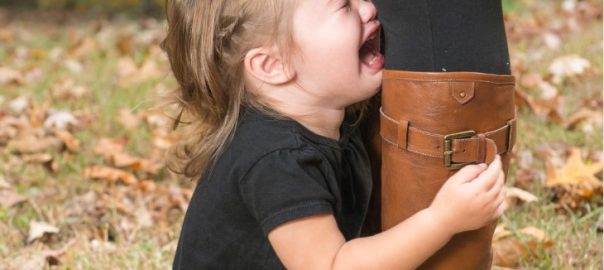
Your goal for your children is to raise strong, self-confident, resilient, independent humans who contribute to society, right? This doesn’t just happen somewhere in the teen years. It starts from setting family values that begin with love, acceptance, support, and security from which they launch into their adult lives. This is their foundation.
Your family values may need some intentional focus and repair to find the peace and cooperation you are looking for. Things don’t change by simply hoping they will. Raising a happy family takes intentional planning and work.
Look at the following elements of parenting to see where your focus needs to be now. Family values can change. Don’t take the whole job on at once.
A. The Foundation: You, the parent.
- Your modeling is the most important teacher for your child. It’s not what you say but what you do, who you are that teaches children how to be. You must behave in the way you hope your children to behave.
- Your self-control ultimately determines your child’s self-control. If you are a yeller, take your child’s behavior
















